I recently discovered that Binta, a Deaf woman who's been teaching English literacy to GSL teachers who is also on our project steering group, has been using the GSL resources that Gary Quinn and I developed, to support teachers in Deaf schools better understand GSL. She's been doing this on her own initiative and without fanfare. I only found out about it by accident.
This is completely brilliant. We have agreed to support her in this by sending her a laptop and hard drive.
This is completely brilliant. We have agreed to support her in this by sending her a laptop and hard drive.
In the photo above Binta is training teachers and senior teachers of St John's school for the deaf about how to use sign grammar, phonology and identify minimal pairs in GSL.
Below are some of the materials she prepared.
Below are some of the materials she prepared.
Every month Lamin writes a project report.
Through these reports I can really see how Lamin is developing in knowledge and skills and leadership.
I thought it might be interesting to share some excerpts from the report of what he, and so our project, is achieving. I think the quotes speak for themselves.
Through these reports I can really see how Lamin is developing in knowledge and skills and leadership.
I thought it might be interesting to share some excerpts from the report of what he, and so our project, is achieving. I think the quotes speak for themselves.
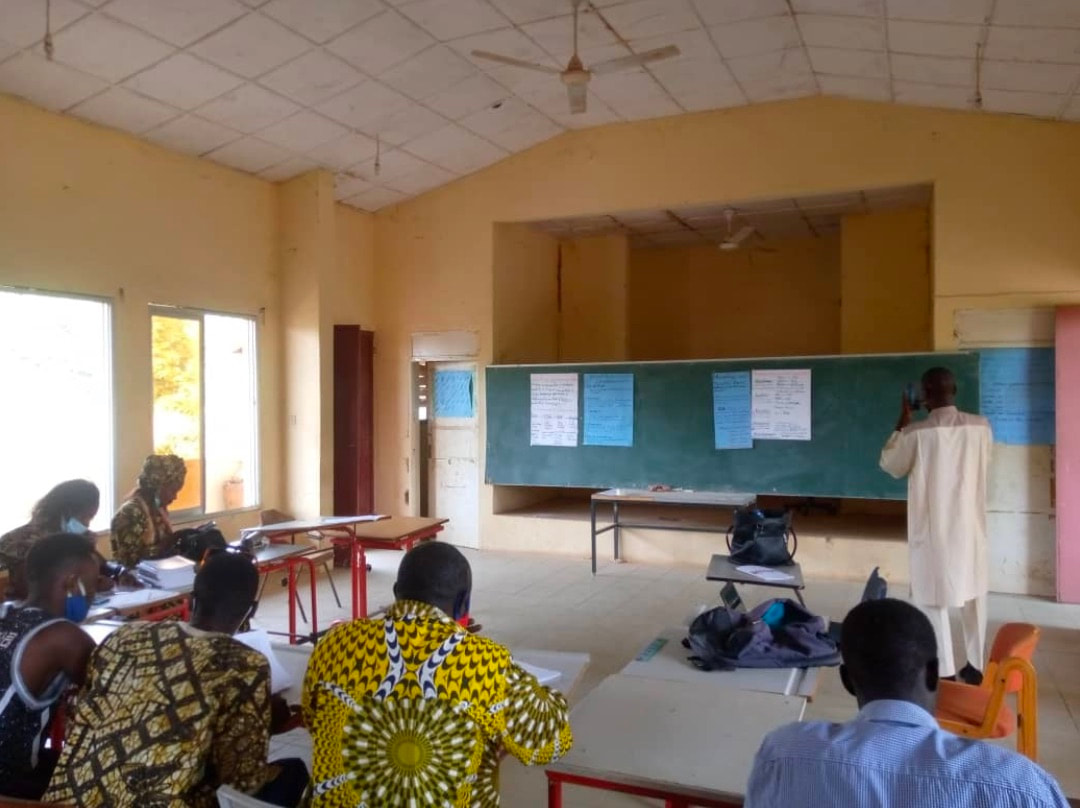
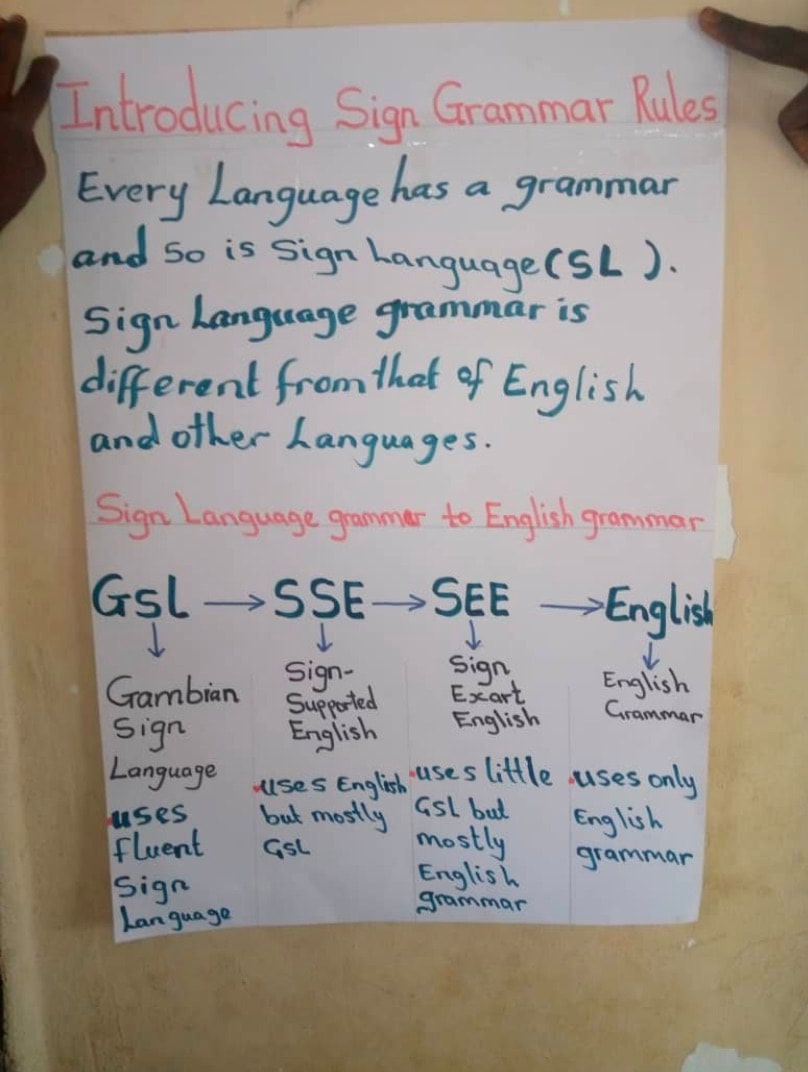
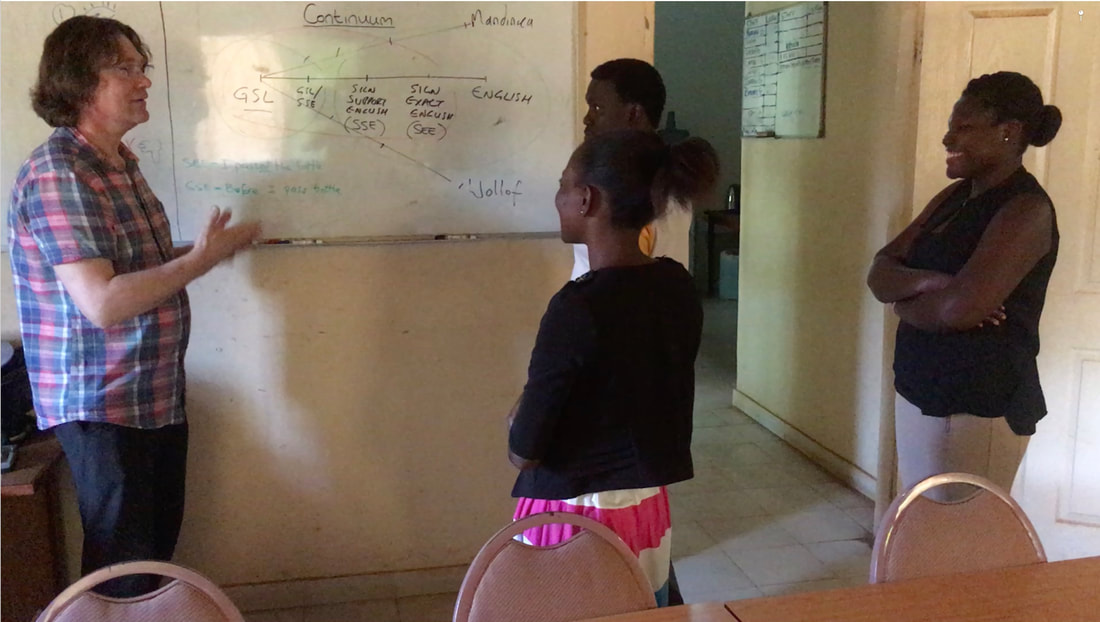
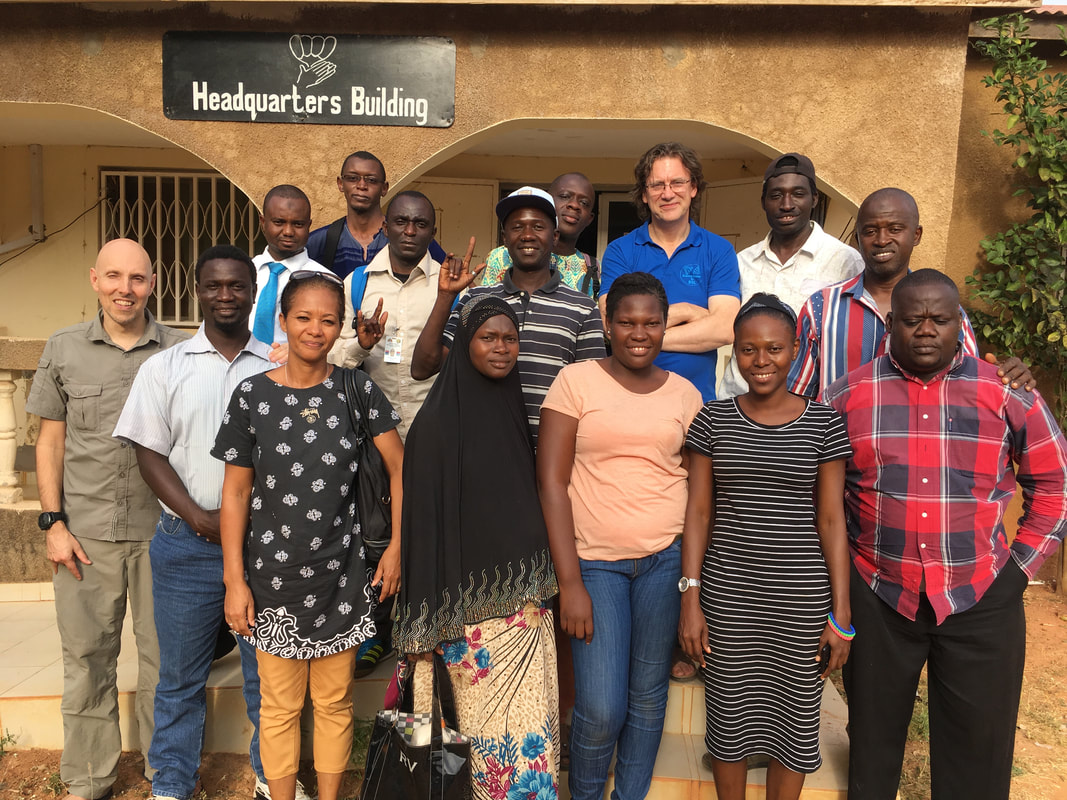
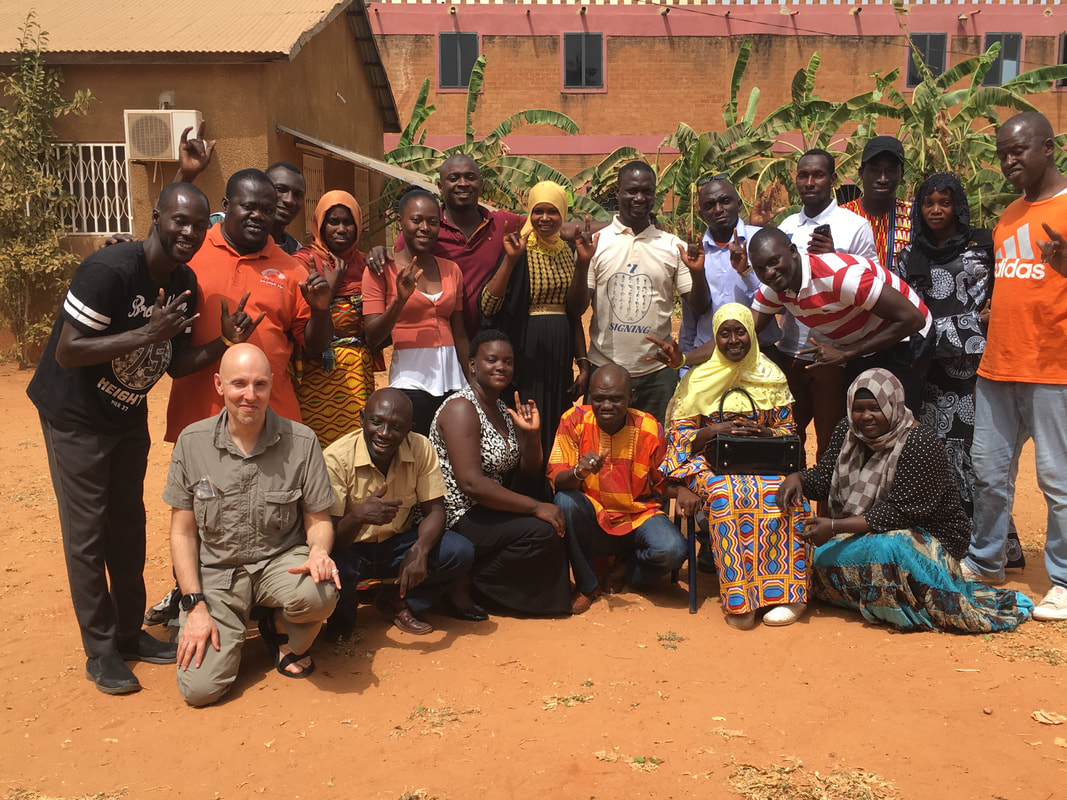

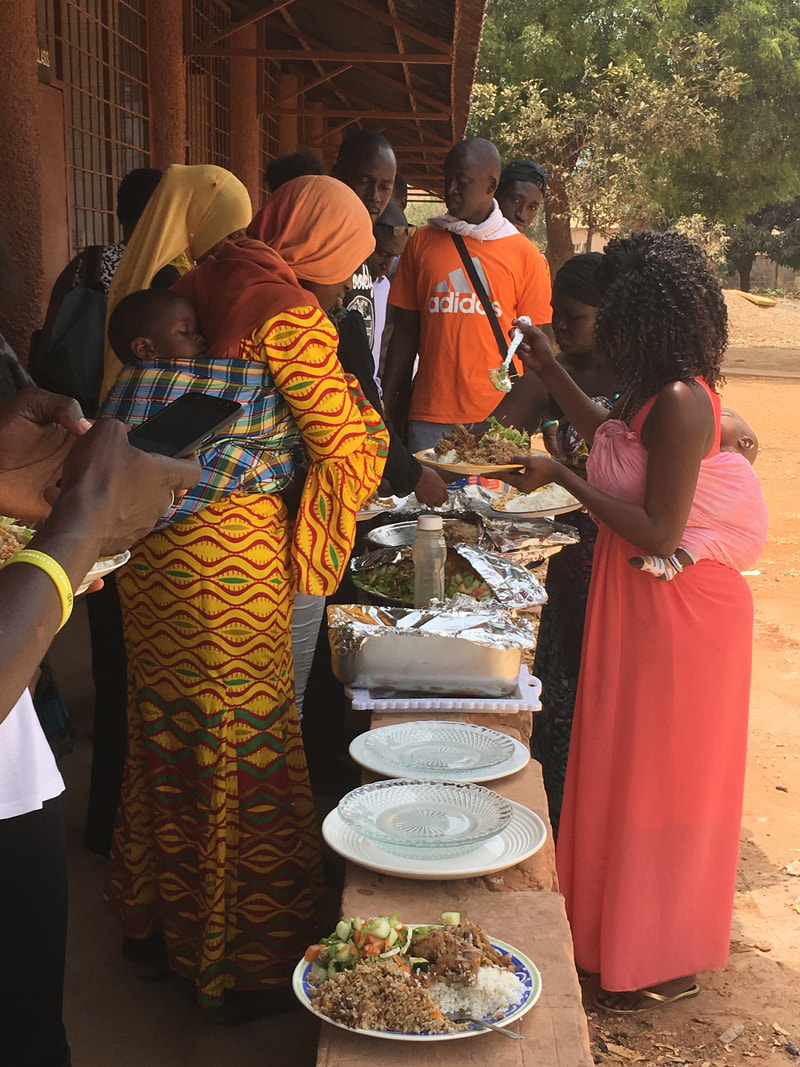
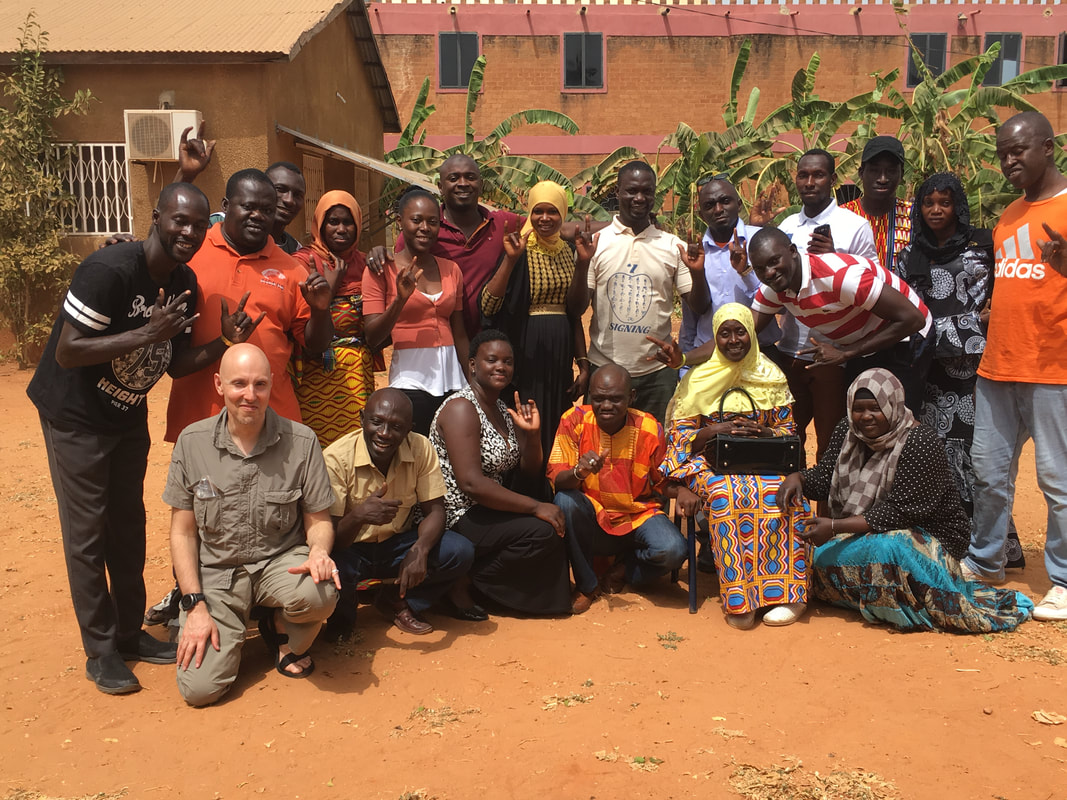
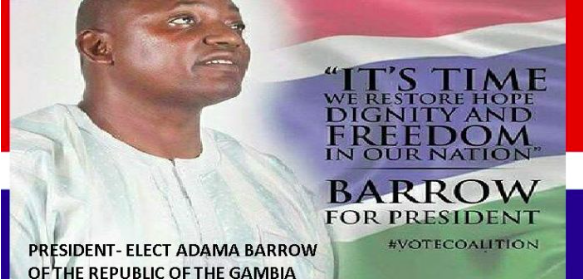
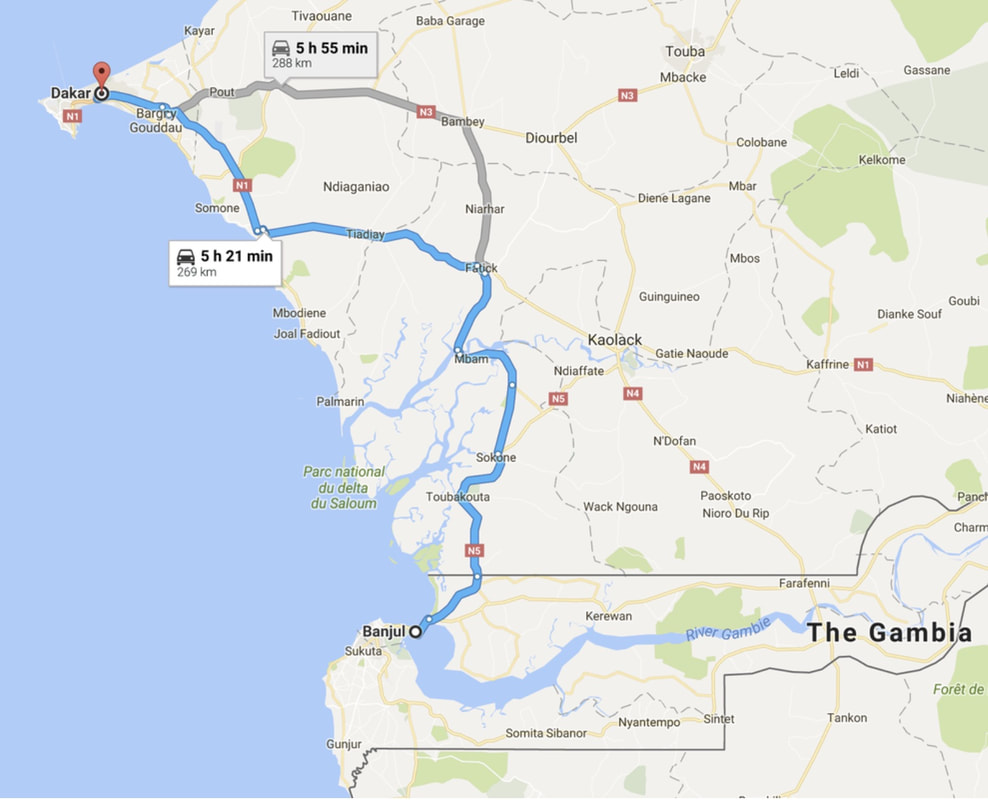
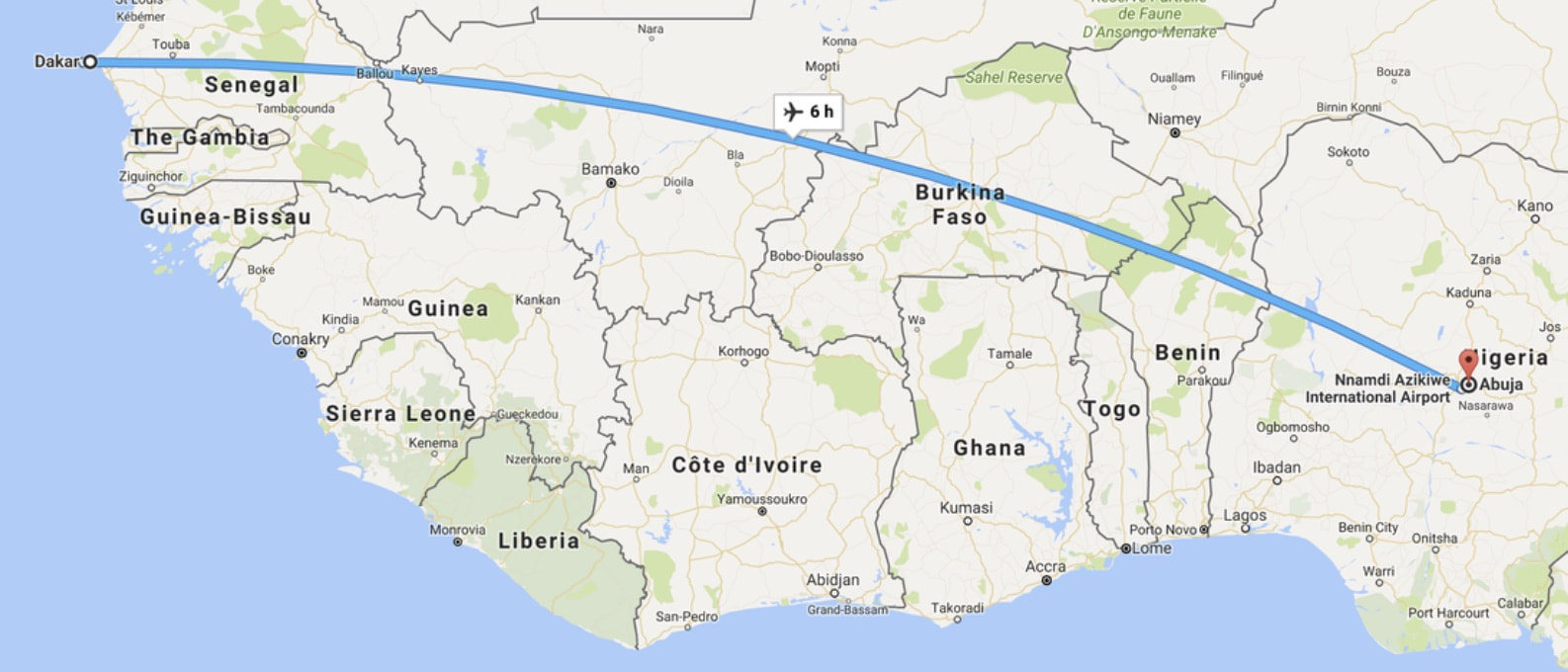
 RSS Feed
RSS Feed